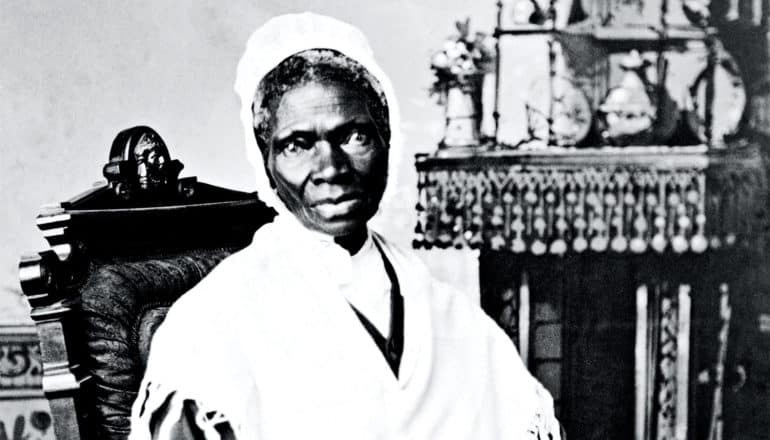
As the centennial of the 19th Amendment approaches, marking the milestone in women’s suffrage shouldn’t go without acknowledging the intersection of gender and racial justice in America, argues Estelle Freedman.
The 19th Amendment guaranteed that women throughout the United States would have the right to vote on equal terms with men. The amendment marked a culmination of decades-long efforts by women who called for full citizenship.
This history can be traced back to the abolition movement in 19th-century America, says Freedman, a professor of US history at Stanford University.
It was through their opposition to slavery that middle-class American women first became politically active, says Freedman. The anti-slavery movement pushed women out of the home and church and into politics, eventually leading some to advocate for their own rights as women.
Here, Freedman discusses how the histories of the women’s suffrage movement and abolitionism are closely intertwined as well as how the women’s suffrage movement split over race after the Civil War, what it did and did not achieve, and what can be learned from this history:
The post How abolitionists paved way for the 19th Amendment appeared first on Futurity.
from Futurity https://ift.tt/2PQTnAj
No comments:
Post a Comment